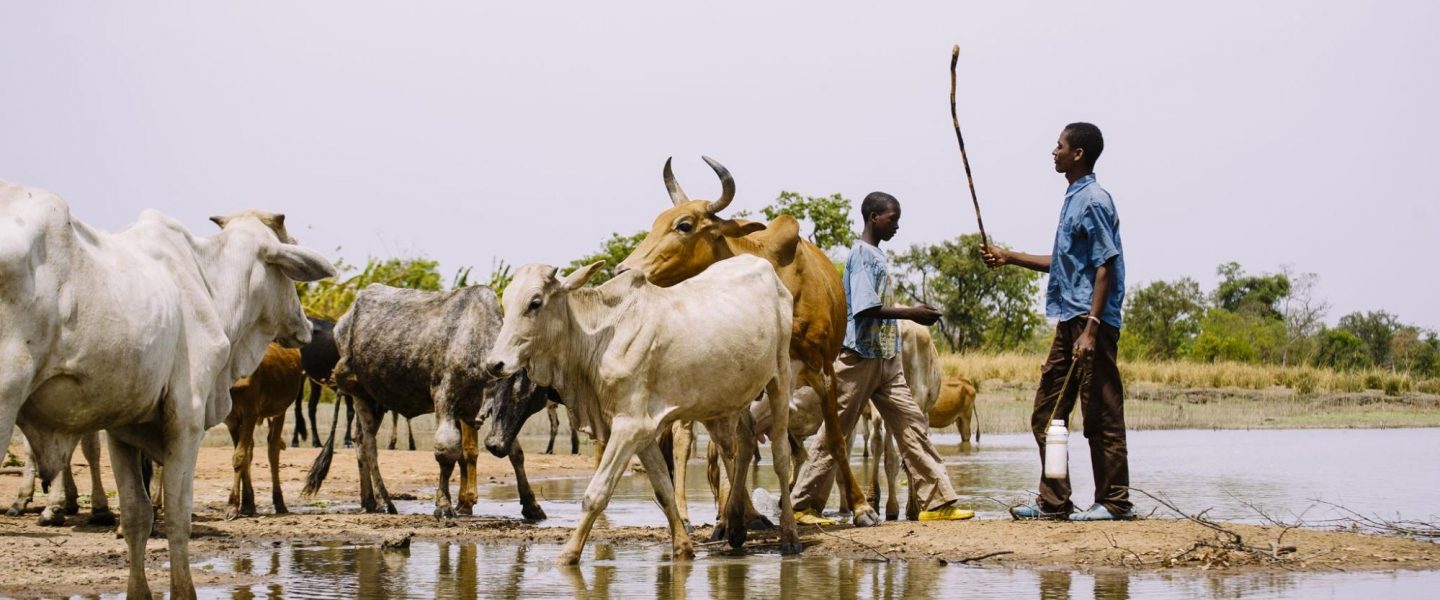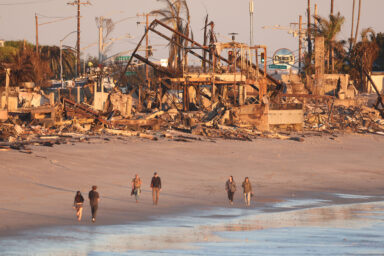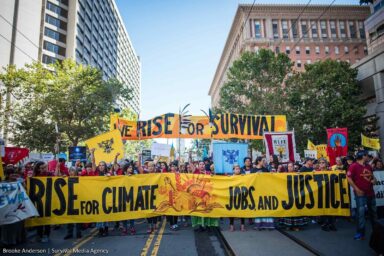Two weeks ago, parts of Africa were hit by a deadly heatwave that would have been impossible without climate change, according to a group of scientists.
|
Listen To This Story
|
The deadly heat wave that hit Africa in recent weeks “would not have occurred without climate change,” according to a new analysis from the World Weather Attribution initiative.
The group is working with scientists to quickly assess whether and how much climate change has contributed to extreme weather events across the globe, such as the scorching temperatures that hit western and central Africa at the end of March and in early April.
For example, temperatures in Mali reached nearly 120 degrees Fahrenheit.
This extreme heat resulted in a significant increase of deaths above normal.
The group stated that one hospital in Mali alone recorded 102 deaths over the four-day period from April 1-4. Last year, the same hospital recorded a total of 130 deaths in the entire month of April.
“While statistics for the cause of death have not been reported, around half were over the age of 60, and the hospital reports that heat likely played a role in many of the deaths,” the World Weather Attribution initiative announced in its analysis, which was made public Thursday.
One benefit of providing such an analysis so quickly following an extreme weather event — in this case two weeks after it ended — is that they are then still very much in the public’s mind. In addition, the group also works with climate scientists from the affected regions. In this case, that means that it got input from experts from Mali, Burkina Faso, and Mozambique.
However, it also means that the documents the group provides have some limitations. For example, its studies are initially not peer reviewed.
Climate critics may argue that high heat is nothing unusual in this part of the world. However, according to the analysis, such an extreme heat event would have been “impossible” without global warming.
And, while the recent heatwave was a once-in-a-century event (based on the temperature increase of 2.2 degrees Fahrenheit since the beginning of the industrial age), it will become much more common in the future if the planet continues to warm.
If the planet warms another 1.4 degrees Fahrenheit, as is expected if humanity does not act more decisively to curb global temperatures, then this part of Africa could expect such a deadly heatwave every 20 years.
The impact of the recent event was magnified because it occurred during the Muslim holy month of Ramadan (during which people fast from sunrise to sunset) and because many of the countries affected experienced power cuts at the same time.
This “compounded the risk for vulnerable groups and even those not traditionally considered vulnerable,” the group said.
Furthermore, temperatures also remained high at night, which means people did not get a break from the heat.
Higher regular temperatures and a lack of coping mechanisms, such as air conditioning, are among the reasons why poorer regions of the planet will be especially hard-hit by climate change, which experts believe could lead to increased migration and strife.
To prevent that, other efforts to reduce global warming have to be taken.
“Critical infrastructure such as electricity, water, and healthcare systems needs to be strengthened to adapt to the increasing frequency and intensity of extreme heat, requiring increased investment to ensure reliable access and service delivery,” the group said in its analysis.




